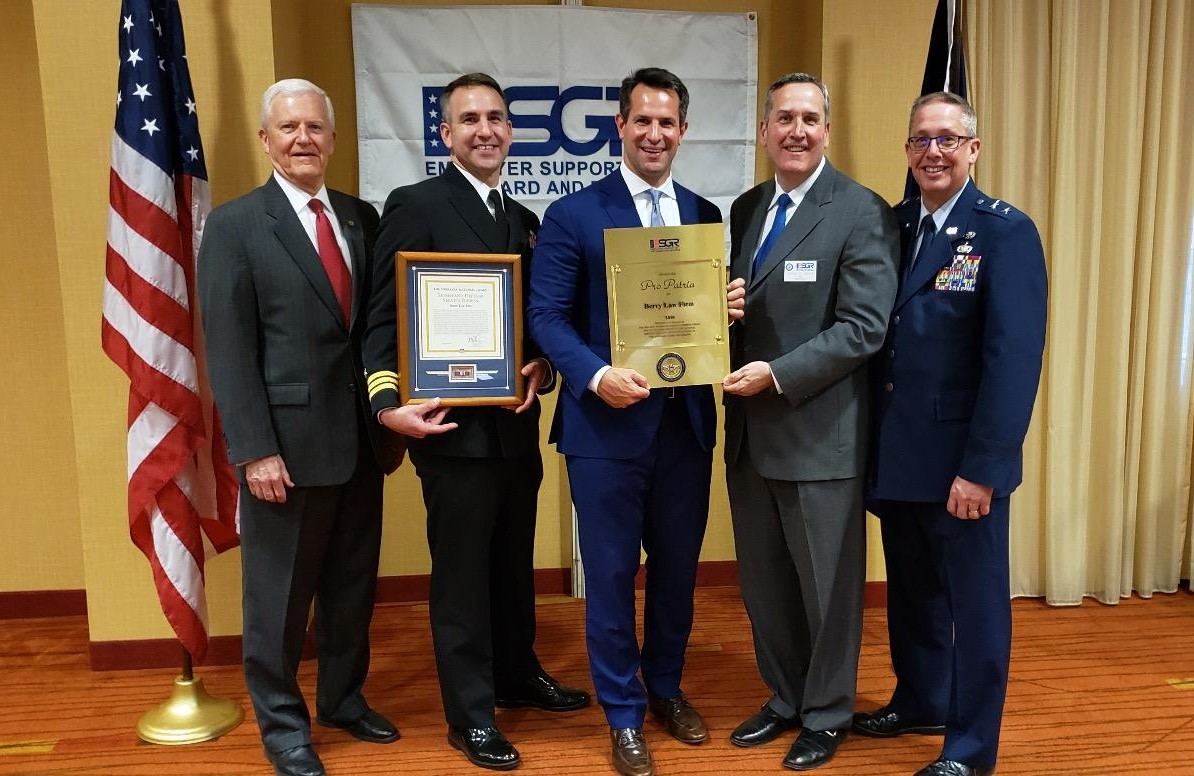
Traumatic brain injuries (TBIs) are a serious and often debilitating condition that can affect anyone, but Veterans are especially at risk. According to the Department of Veterans Affairs (VA), more than 185,000 Veterans who use VA health care have been diagnosed with at least one TBI.
Traditionally, TBIs have been attributed to direct impacts to the head, such as those sustained in car accidents, falls, or assaults. However, recent research has shown that blast waves from explosions can also cause TBIs, even without any direct contact with the head.
While both types of head injury cause similar symptoms, there are some distinctions.
Direct impact TBIs occur when the head sustains a forceful blow or jolt, resulting in damage to the brain tissue. These impacts cause the brain to move violently within the skull, leading to damage to brain tissue, blood vessels, and nerves.
For service members in particular, this type of TBI can occur during combat situations, training exercises, or accidents.
Here are some common scenarios where direct impact TBIs may happen:
Blast injuries to the brain are often referred to as “invisible injuries” because there is no evidence of an external injury upon physical examination or routine medical imaging. These injuries result from the shockwaves produced by explosions rather than direct impacts to the head. The sudden change in pressure from a blast wave can cause the brain to shift and tear, which can cause significant damage to the brain and lead to injuries similar to those caused by direct impact, even if there is no visible injury to the head.
Scientifically speaking, explosions can create an instantaneous increase in atmospheric pressure much higher than humans can withstand. The impact of a blast wave has been described as being hit by an ocean wave and then pulled back into the sea in intense rapid succession.
Blast-related TBIs are a unique concern for military personnel exposed to explosive devices. In fact, brain trauma from blast force is considered the signature injury of the Iraq and Afghanistan campaigns, affecting hundreds of thousands of U.S. combat personnel. Here’s how these TBIs can occur in service members:
As with direct-impact TBIs, Veterans with blast-related TBI can suffer ongoing symptoms, called TBI residuals. These often include symptoms, such as:
Veterans with TBIs can also develop other symptoms over time, including:
Because of the ambiguity of blast-related TBIs among medical professionals and researchers, the absence of objective tests to make a definitive diagnosis of the condition, and the potential overlap and co-existence of other conditions, there are no reliable estimates of the extent or burden of blast-related brain injuries.

One challenge in studying blast exposure is the absence of a widely accepted definition. Researchers have different criteria, including distance, blast wave measurements, and injury. It’s also evident that blast exposure doesn’t necessarily cause mild TBI to have adverse effects. Various factors, such as body armor, protective gear, and distance from the blast, influence the severity of exposure and its effects on individuals.
Researchers, including those at the VA and Department of Defense, continue to delve into blast-related TBI in order to better understand how it differs from direct-impact TBI, including more sensitive ways to identify brain injury from blast overpressure.
One recent study conducted by researchers at the VA Medical Center in Salisbury, NC, and published in the Journal of Psychiatric Research found that blast exposure has significant psychiatric implications for combat Veterans, independently of mild TBI and PTSD. It underscores the need for a deeper understanding of the mental health consequences of blast exposure and the complexity of defining and studying this phenomenon.
The research involved 275 Veterans who had experienced combat during the post-9/11 conflicts in Iraq and Afghanistan. Over 70 percent of these Veterans had a history of blast exposure, defined as exposure to notable pressure waves resulting from explosions. Additionally, almost 50 percent had been diagnosed with mild TBI (akin to a concussion), and 30 percent had PTSD.
The study’s key finding was that blast exposure has a significant impact on the mental health of Veterans, even beyond the effects of PTSD and mild TBI. The researchers emphasized that blast exposure should be considered a contributing factor to psychiatric symptom presentation and complaints in Veterans. They also noted that the severity of psychological distress experienced in the combat environment might explain how blast exposure affects the relationship between mild TBI and symptom outcomes.
Dr. Sarah Martindale led the study, and her team was surprised by the extent to which blast exposure affected the Veterans’ mental states. Blast exposure is relatively common among service members, but its chronic psychiatric effects have been poorly understood until now.
If a Veteran can establish a service connection for their injury and subsequent symptoms, they may be eligible for VA disability compensation.
Beginning in 2014, the VA expanded benefits for Veterans with TBI, and now presumes service connection for five conditions if a service-connected TBI precedes them. Those conditions are:
The VA rates blast-related TBI residuals the same way it does direct-impact TBI residuals. The VA breaks down symptoms into 10 facets based on severity and assigns a value range for each, usually from 0 to 3 or 0 to “total.” Those facets include:
Veterans with TBI residuals may also be eligible for special monthly compensation (SMC), additional money paid to a Veteran if they meet certain criteria due to their service-related TBI, such as all of the following:
Veterans who have suffered TBIs due to direct impact or blast waves may be eligible for VA disability benefits. However, navigating the VA claims process can be complex and challenging. This is where Berry Law can make a significant difference.
Berry Law helps Veterans obtain the compensation they deserve for injuries sustained during their military service. The experienced VA disability attorneys at Berry Law understand the intricacies of VA disability claims. They guide Veterans through the process of appealing a denied claim or a low VA disability rating, ensuring they have the best chance of a successful claim. We have a proven track record of success in helping Veterans with TBI claims.
If you have suffered a TBI, we can help you by:
We are committed to fighting for the rights of Veterans like you and ensuring you receive the benefits you have earned. Contact us today for a free evaluation.
Our monthly newsletter features about important and up-to-date veterans' law news, keeping you informed about the changes that matter.